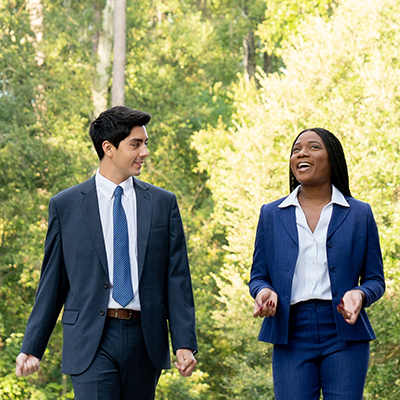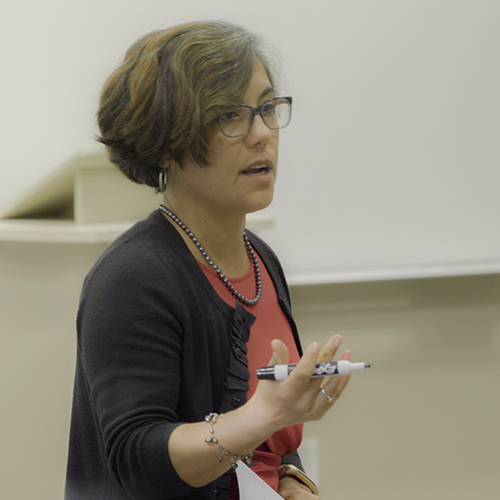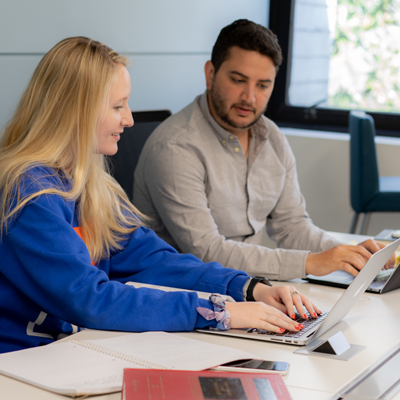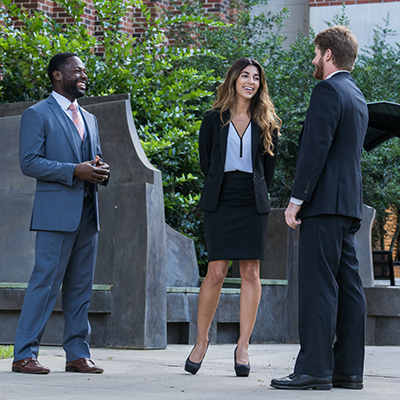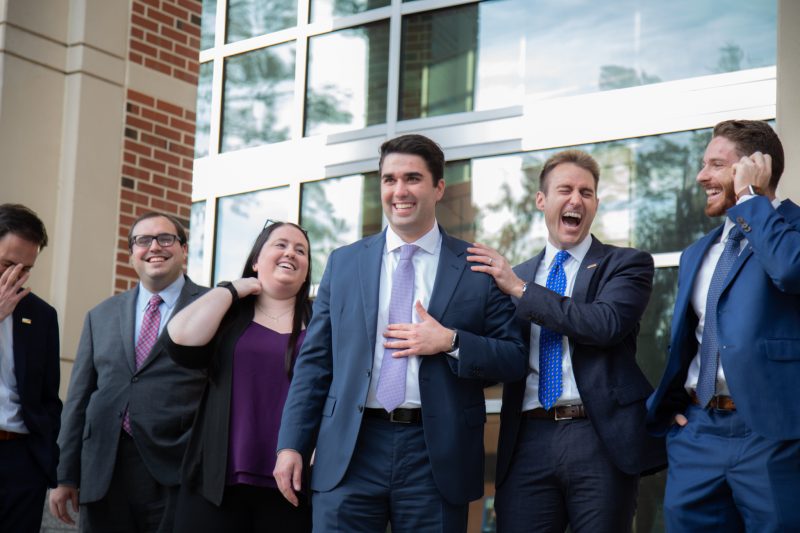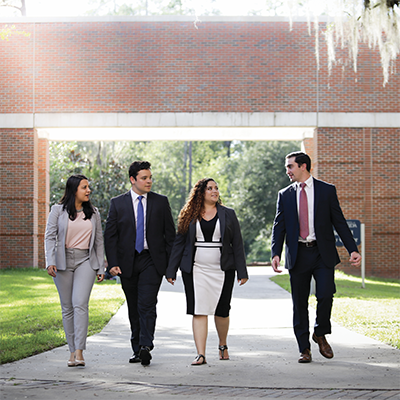University of Florida Levin College of Law Inaugural Originalism Conference
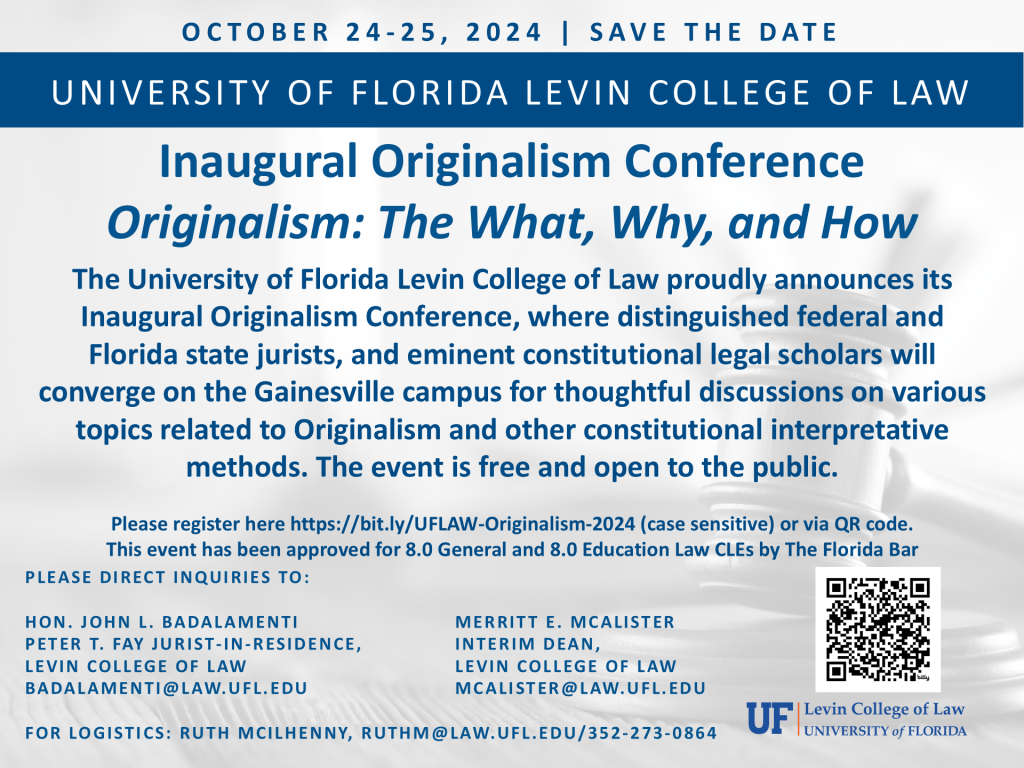
2024 University of Florida Levin College of Law Inaugural Originalism Conference—Originalism: The What, Why, and How?
Thursday, October 24 and Friday, October 25
![]() About the Inaugural Originalism Conference
About the Inaugural Originalism Conference
The University of Florida Levin College of Law proudly announces its Inaugural Originalism Conference, where distinguished federal and Florida state jurists, and eminent constitutional legal scholars will converge on the Gainesville campus for thoughtful discussions on various topics related to Originalism and other constitutional interpretative methods. This event is free and open to the public.
Registration is now closed. This event is in person only; there is no virtual option. This event has been approved for 8.0 General and 8.0 Education Law CLEs from The Florida Bar. We are happy to provide paperwork to help attendees apply for CLEs from other state bars.
Conference Participants
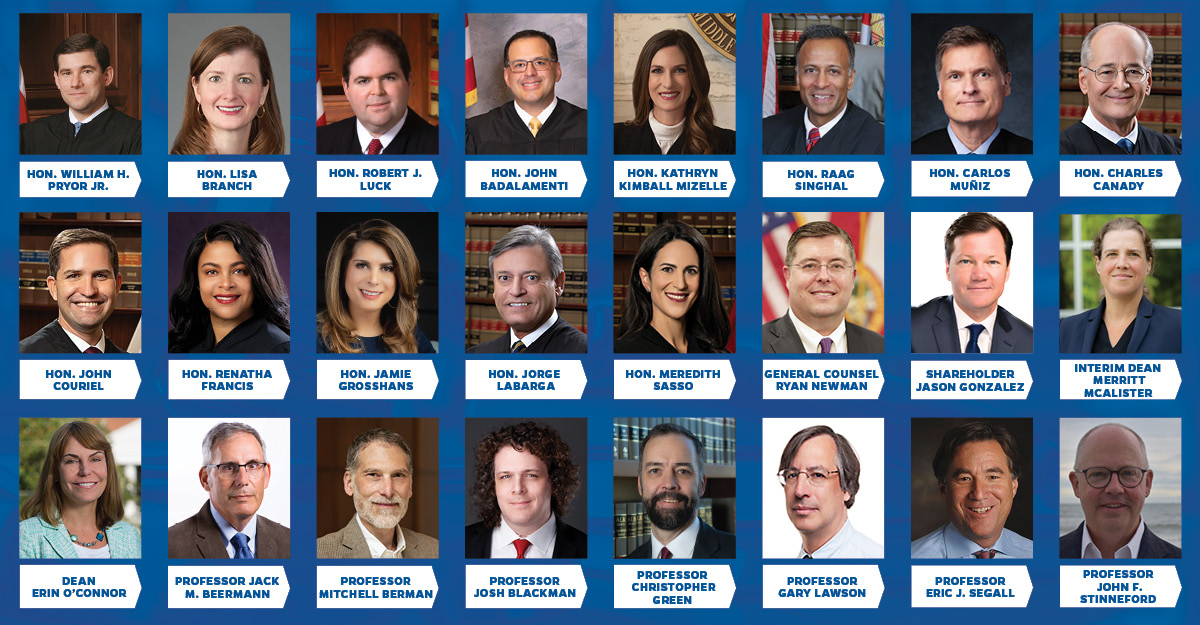
2024 Conference Schedule (tentative):
Thursday, October 24, 2024
- 3:30 p.m. | Registration (Student Commons, Bruton Geer Hall)
- 4:00 p.m. | Conference participants’ meet-and-greet with students and attendees (Student Commons, Bruton Geer Hall)
- 4:50 p.m. | Conference Opening Remarks (Chesterfield Smith Ceremonial Classroom in Holland Hall 180)
- Merritt McAlister, Interim Dean and Levin, Mabie & Levin Professor of Law, University of Florida Levin College of Law
- Hon. John Badalamenti, U.S. District Judge, U.S. District Court for the Middle District of Florida and Peter T. Fay Jurist-in-Residence, University of Florida Levin College of Law
- 5:00 p.m. | Keynote Address, Hon. William H. Pryor Jr., Chief Judge, U.S. Court of Appeals for the Eleventh Circuit (Chesterfield Smith Ceremonial Classroom in Holland Hall 180)
Friday, October 25, 2024
- 8:00 a.m. – 9:00 a.m. | Breakfast (Bailey Event Space)
- 9:00-9:15 a.m. | Introductory Remarks (Chesterfield Smith Ceremonial Classroom in Holland Hall 180)
- Hon. John Badalamenti, U.S. District Judge, U.S. District Court for the Middle District of Florida
- Merritt M. McAlister, Interim Dean and Levin, Mabie & Levin Professor of Law, University of Florida Levin College of Law
- 9:15 a.m. – 10:30 a.m. | Panel I: What Is Originalism? (Chesterfield Smith Ceremonial Classroom in Holland Hall 180)
It may seem odd to ask a question like “what is originalism?” at a conference on originalism. But it is an important question. Many people self-identify as either supporters or critics of originalism. Are they all talking about the same thing, or are there as many species of originalism as there are species of venomous snakes in Florida? What does it mean to be (or to criticize) an originalist? Put another way, what is “original” in originalism? Intentions (and if so, whose)? Meanings (ascertained in what way)? Values (which ones)? Can one be an originalist some of the way but not all of the way, or some of the time but not all of the time? Are there meaningful differences between being an originalist scholar and an originalist judge? Is it at all strange that these are questions worth asking decades after originalism (of whatever kind) became a significant force in real-world jurisprudence? And are those questions more difficult or serious than the equivalent questions one could ask about any alternative approach to interpretation or judging?
- Gary Lawson, Professor of Law, University of Florida Levin College of Law (Moderator)
- Hon. Robert J. Luck, U.S. Circuit Judge, U.S. Court of Appeals for the Eleventh Circuit
- Hon. Kathryn Kimball Mizelle, U.S. District Judge, U.S. District Court for the Middle District of Florida
- Erin O’Hara O’Connor, Dean and Donald J. Weidner Chair, Florida State University College of Law
- Mitchell Berman, Leon Meltzer Professor of Law and Professor of Philosophy; Co-Director of the Institute of Law and Philosophy, University of Pennsylvania Carey Law School
- 10:30 a.m. – 10:45 a.m. | Break
- 10:45- 12:15 | Panel II: Why Originalism? (Chesterfield Smith Ceremonial Classroom in Holland Hall 180)
Assuming (per the old joke about economists and can openers on a desert island) a working understanding of originalism, what are the best arguments for and against it? At the risk of sounding like we are at Yale: What makes arguments in this setting good or bad? One more, do the answers differ for scholars and judges? Are scholars and judges doing such different things that different normative arguments have traction in the academy and on the bench? And if not originalism, then what? Per Churchill (and Justice Scalia, and Jed Shugerman), is originalism the worst possible approach except for all the others? Or is the affirmative case for originalism (or for one of the others) stronger than that?
- Merritt M. McAlister, Interim Dean and Levin, Mabie & Levin Professor of Law, University of Florida Levin College of Law (Moderator)
- Hon. John Badalamenti, U.S. District Judge, U.S. District Court for the Middle District of Florida
- Hon. Meredith Sasso, Justice, Florida Supreme Court
- Jack M. Beermann, Philip S. Beck Professor of Law and Harry Elwood Warren Scholar, Boston University School of Law
- Josh Blackman, Professor of Law and Centennial Chair of Constitutional Law, South Texas College of Law
12:15 – 12:45 | Break and pick up lunch (Bailey Event Space )
12:45 p.m. – 2:15 p.m. ET | Fireside Chat with the Florida Supreme Court (Chesterfield Smith Ceremonial Classroom in Holland Hall 180)
- Merritt M. McAlister, Interim Dean and Levin, Mabie & Levin Professor, University of Florida Levin College of Law (Moderator)
- Ryan Newman, General Counsel to Governor Ron DeSantis (Moderator)
- Hon. Carlos Muñiz, Chief Justice, Florida Supreme Court
- Hon. Charles Canady, Justice, Florida Supreme Court
- Hon. John Couriel, Justice, Florida Supreme Court
- Hon. Renatha Francis, Justice, Florida Supreme Court
- Hon. Jamie Grosshans, Justice, Florida Supreme Court
- Hon. Jorge Labarga, Justice, Florida Supreme Court
- Hon. Meredith Sasso, Justice, Florida Supreme Court
2:15 p.m. – 2:30 p.m. | Break
2:30 p.m. – 4:00 p.m. | Panel III: How Is One an Originalist? (Chesterfield Smith Ceremonial Classroom in Holland Hall 180)
How does originalism, in any of the forms that it can take, actually operate in the real world? What does an originalist need to know and do in order to be a good originalist, and are those things realistically knowable and doable? Once again, are there different answers to these questions for scholars and judges? From the standpoint of the bench, how do practitioners make originalist arguments? Are judges satisfied with the quality and form of those arguments? If not, how can the legal profession (and the academy?) do better?
- John F. Stinneford, Edwin Rood Eminent Scholar Chair and Professor of Law, University of Florida Levin College of Law (Moderator)
- Hon. Raag Singhal, U.S. District Judge, U.S. District Court for the Southern District of Florida
- Hon. Carlos Muñiz, Chief Justice, Florida Supreme Court
- Christopher Green, Jamie L. Whitten Chair in Law and Government and Professor of Law, University of Mississippi School of Law
- Eric J. Segall, Ashe Family Chair Professor of Law, Georgia State University College of Law
- Jason Gonzalez, Shareholder, Lawson, Huck Gonzalez, LLC
- 4:00 p.m. | Closing Remarks & Adjournment (Chesterfield Smith Ceremonial Classroom in Holland Hall 180)
